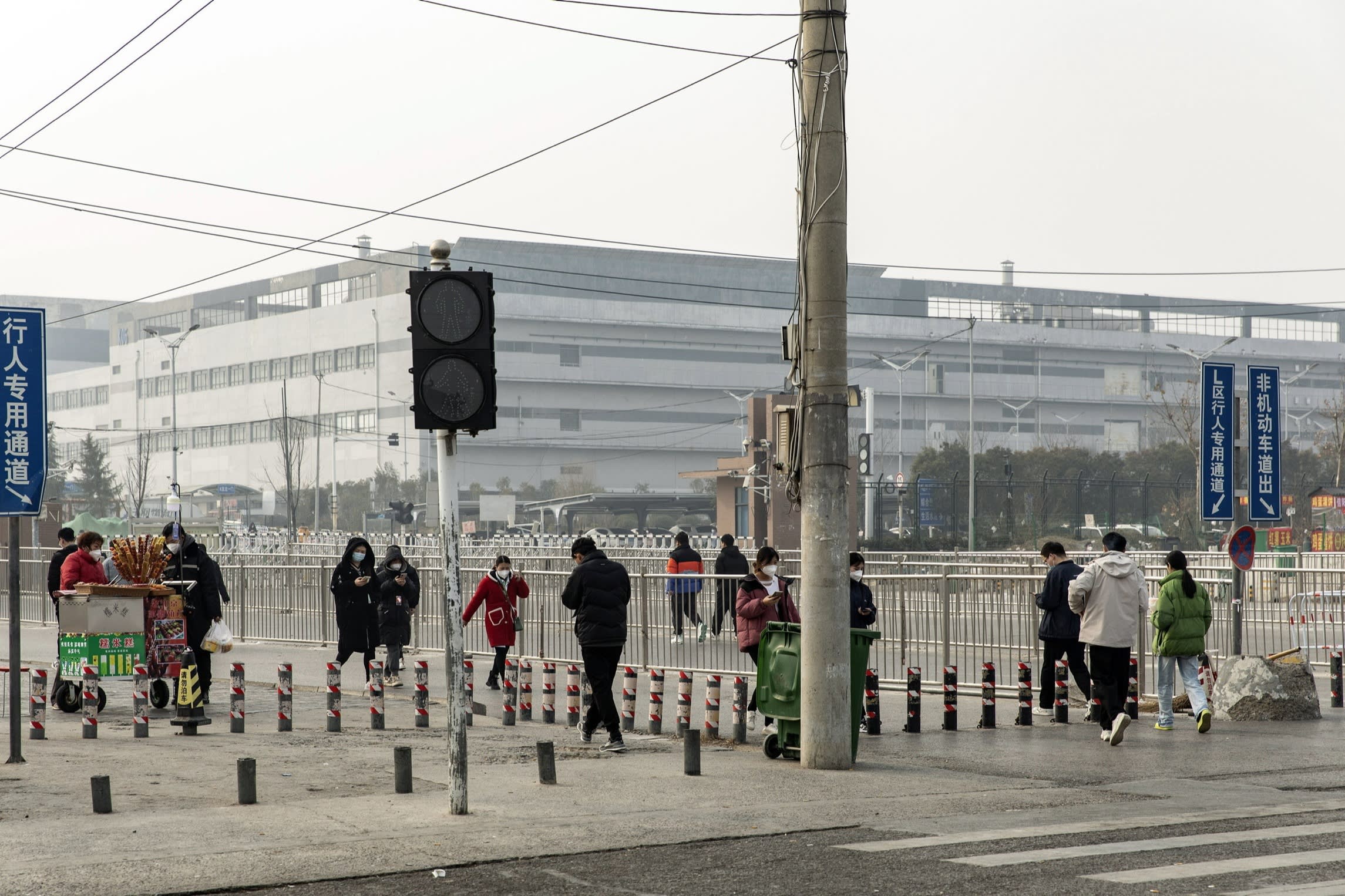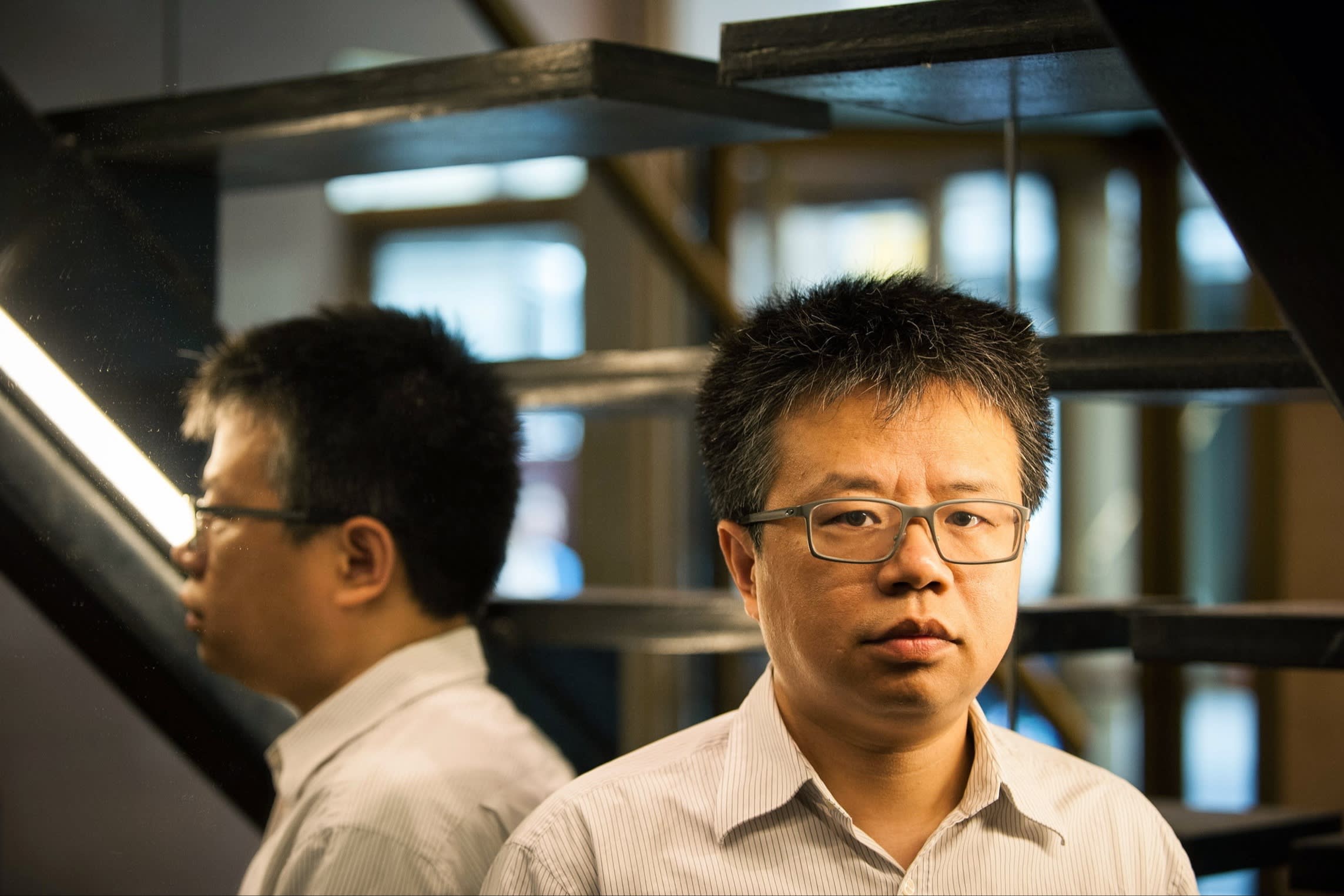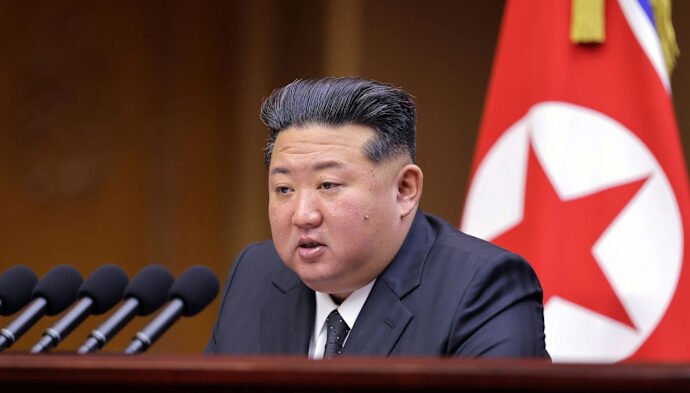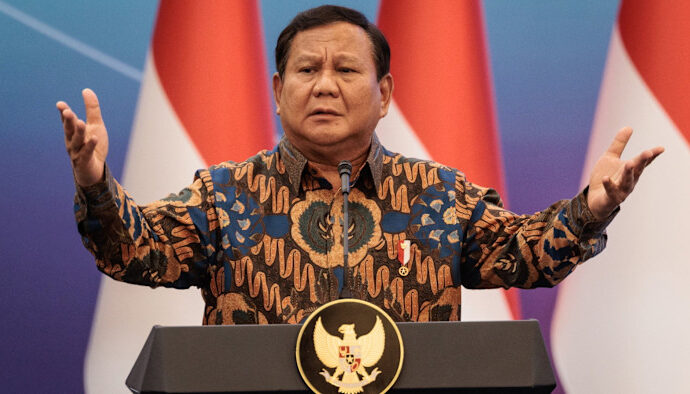Chinese factory staff assembling Apple’s latest iPhone continue to face precarious conditions, working many hours of overtime, suffering wage delays and discrimination against ethnic minorities, according to a leading labour rights group.
China Labor Watch found that more than half of the estimated 200,000 workers employed during peak season at the world’s largest iPhone factory run by Foxconn in Zhengzhou are seasonal staff known as “dispatch workers”. This is despite a Chinese law capping the use of such staff at 10 per cent of a company’s workforce.
US-based CLW, which specialises in undercover investigations of Chinese factories, also found that dispatch workers faced staggered payment schedules that withhold part of their wages to deter them from quitting during peak production.
These staff were not entitled to the same benefits as full-time employees, such as paid sick leave, paid holiday and social insurance that includes medical coverage and pension contributions.
CLW also claimed that there is systematic discrimination in hiring certain ethnic minorities and pregnant women.

Its report comes despite repeated earlier findings highlighting the difficult working practices at Chinese factories run by Taiwan’s Foxconn, Apple’s biggest contract manufacturer.
Foxconn said in response to CLW findings in 2019 that the high percentage of dispatch workers violated company guidelines.
“Despite Apple’s repeated pledges to improve conditions over the past decade, our investigation finds that core labour issues remain,” said Li Qiang, founder of CLW and author of the report released on Thursday. “Apple’s supply chain continues to depend on a vast, disposable workforce.”
Foxconn said it was “an equal opportunity employer” that does not “stand for discrimination”. It added that for the past two years it had “proactively undergone independent, third-party audits”, which demonstrated “critical compliance and transparency in social and environmental responsibility”.
Apple said that teams were “on site and [had] begun an immediate investigation,” after being informed of CLW’s findings, adding that it was “firmly committed to the highest standards of labour, human rights, environmental, and ethical conduct”.
CLW conducted a six-month investigation this year into the Zhengzhou facility, sending undercover workers into the factory to conduct more than 100 interviews with staff.
The Financial Times subsequently visited Zhengzhou and interviewed a dozen workers outside the factory gates and several employees at labour agencies contracted by Foxconn. These people repeated some, though not all, the claims made by CLW in its report.
Many of the workers interviewed by the FT added that conditions compared favourably with those of other local manufacturers, citing air conditioning, hot water, recreational facilities and canteen subsidies.
An economic downturn in China and rising youth unemployment has narrowed options for jobseekers. A 23-year-old who trained as a Chinese teacher said she had worked at Foxconn for two months: “If I can’t find another job, I might come back.”
But two of the people who spoke to the FT said Foxconn’s recruitment platform, which the agencies use to upload CVs, rejects applications from ethnic minorities, including Uyghurs, Tibetans, and Huis, who are not local to Henan.

“Foxconn does not have an explicit policy that bans minorities. But if you submit their application to their hiring app, it will get rejected,” said one person with direct knowledge of the system. They added that these ethnic minorities face discrimination due to the perception that they are more likely to create tensions with Han Chinese workers.
Zhengzhou has become the linchpin of Apple’s supply chain, home to a network of component suppliers and dozens of labour agencies supplying thousands of seasonal workers. But the factory has also drawn repeated scrutiny over issues such as suicides, unrest during Covid-19 lockdowns and long-running grievances about pay and working conditions.
Until this month, workers were mandated to undergo an X-ray as part of a health check, which CLW said had, in effect, barred pregnant women from applying.
Foxconn uses the flexibility afforded by temporary contracts to adjust to fluctuating demand cycles and, in recent years, to respond to Apple’s shifting requirements about where iPhones should be made.
Apple has sought to reduce its reliance on China by shifting production to India, where Foxconn also operates, and had set an internal target to assemble all US-bound iPhones there by next year, in response to US President Donald Trump’s tariffs on China.
“The trade war has created major uncertainty for orders. Until the last moment, it is unclear whether Apple will allocate production to India or to Chinese factories,” said CLW’s Li.
CLW found no evidence of underage workers, as it had done in its investigation five years ago. It noted a small improvement in average overtime hours.
Signing bonuses of between Rmb4,800 and Rmb9,800 were also a major draw for temporary staff as production was increased ahead of the iPhone 17’s release this month.
Dispatch workers get a base salary of Rmb2,100 per month, the minimum wage in Henan, but the bonuses make their salaries competitive in the manufacturing sector. These bonuses are typically paid out after three to four months to ensure retention.
Many workers preferred the flexibility of short-term contracts and higher hourly wages. However, many said that they had to work a lot of overtime to bolster their hourly wages, which can be as low as Rmb12 for some workers, but range between Rmb25 and Rmb28 for most, depending on experience levels and hiring cycles. CLW found that many staff work 60 hours per week and others up to 75 hours.
One worker who had been at the plant for more than a month told the FT that she typically worked two and a half hours of overtime each day, six or seven days a week. “Some managers have bad attitudes”, she said. “We work hard, but they keep pushing and squeezing us.”


